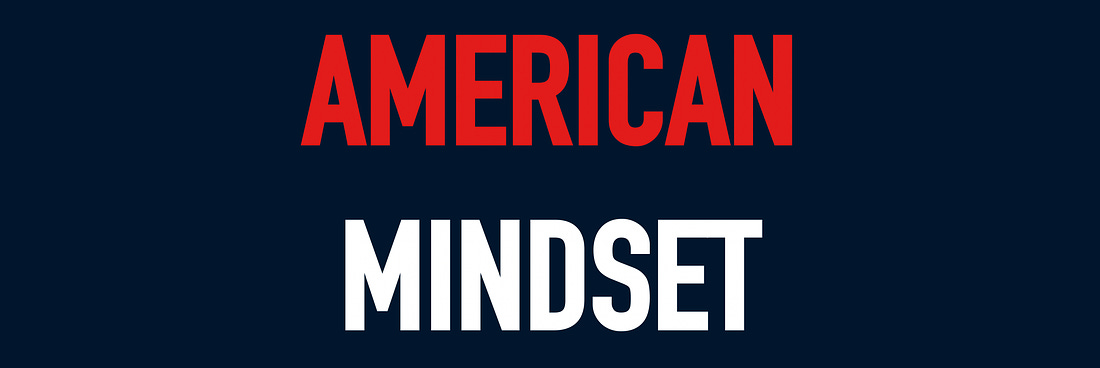What books do you recommend to understand our present discontents?
The classic 20th century American hero depicted in Westerns and film noir is a good theme for our time: a man who abides by his own code in a corrupt world gone mad. Raymond Chandler is one of the masters of the genre. But his works also provide a pleasant remove from our era. Read The Long Goodbye, The Lady in the Lake, and The Little Sister and savor them. If you like 'em, you will also like the riveting (and true!) story of corruption in Los Angeles provided by John Buntin in L.A. Noir: The Struggle for the Soul of America's Most Seductive City. For more vitality in your diet to strengthen the soul in the midst of our dystopian technocracy, read The Republic of Pirates: Being the True and Surprising Story of the Caribbean Pirates and the Man Who Brought Them Down by Colin Woodard.
-Matthew Peterson
If you’re burned out on shiny booklike objects that spend a week on the bestseller list and promptly return to oblivion, grapple with our current moment by reading James Ellroy’s decades-old Underworld USA trilogy. It’s a rude and savage novelist’s vision of how every dire political deed of the late ‘60s and early ‘70s could have been linked together. What Ellroy reveals through his fiction is how crime, corruption, and men of action moved events behind a screen of nationwide propaganda. Ellroy offers a reminder worth comparing to our present-day shift toward a system where technologized control over words, deeds, and messaging strips agency away from ordinary Americans even as it pushes them toward once-“extreme” realizations.
-James Poulos
I always revert to Shakespeare when people ask me this question. And that’s not really fair. So, let me give you one play in particular: The Tempest. It’s a political play. A play very much reminiscent of Plato’s Republic. When you read it, concentrate on what The Bard may be teaching us through his presentation of Prospero and his use of conjured images as political tools. Then ask yourself if you’re really as free from the grips of Silicon Valley as you might think.
-David Bahr
Anyone who wants to understand the deep-rooted problems in American education and their far-reaching consequences for the present day needs to read Rousas John Rushdoony’s profoundly undervalued The Messianic Character of American Education. Rushdoony was a dissident and difficult at times even for his friends to endorse, which is perhaps why this book doesn't get the attention it deserves. But his uncompromisingly doctrinaire attitudes toward the Christian faith (he was a dedicated Calvinist) allowed him to see a great deal about what Unitarianism did to American educational philosophy long before Progressivism or Marxism got added into the stew. A searingly insightful history of major thinkers and activists in the development of the school system that has now gone so terribly wrong—and a clear-eyed look at where the seeds of its destruction lie.
-Spencer Klavan
If you're interested in understanding the ideological divide between conservatives and liberals today, but don't want to wade through hundreds of stuffy old books to get there, Thomas Sowell's A Conflict of Visions is a book you cannot pass up on. In only a few hundred pages, Sowell provides a masterful overview of the ideological divide in the West. The first half of the book centers on illustrating where the divide is, while the latter half of the book shows the divide in action. If we do not understand how our fellow citizens think, how can we be expected to cross the aisle and meaningfully compromise on serious issues? We need that mutual understanding today more than ever.
-Jake Gannon


